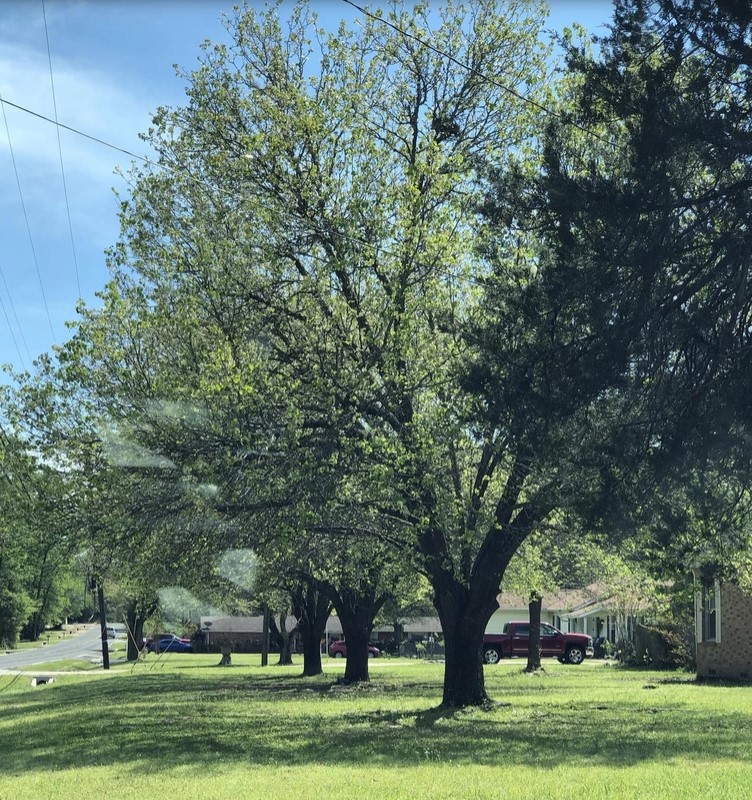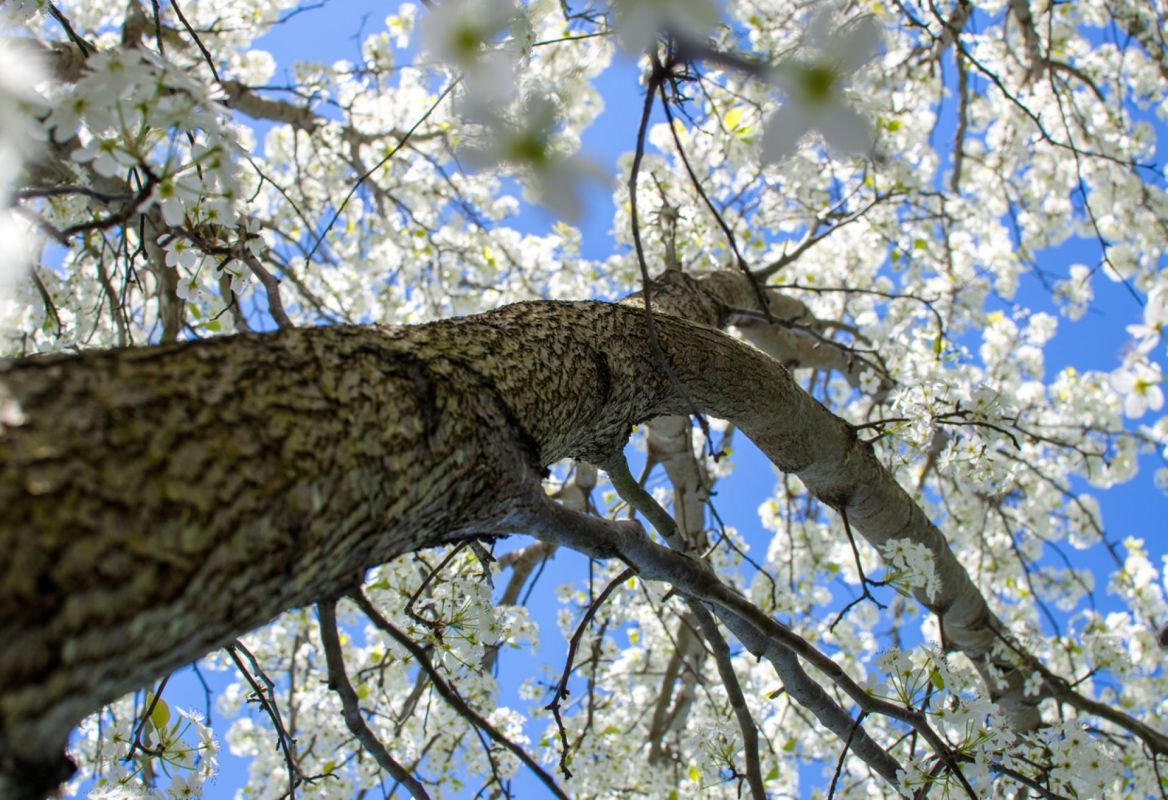Looks aren't everything — especially when it comes to invasive species.
One Redditor found that out quickly after submitting an inquiry on the r/landscaping subreddit, asking: "Are Bradford Pears really that bad?"
"Have an area I'm wanting to add a tree. I'm in Zone 8. I think BP are super pretty in spring/fall here," they continued. "I've seen them get a bad rap on here. Why do people seem to hate them?"

Simply put, it's because Bradford pear trees are an invasive species. According to the United States Department of Agriculture, invasive species are any introduced organism that is non-native to a particular ecosystem and can cause harm to the economy, environment, or humans.
In the case of Bradford pears, they were introduced to the U.S. in the 1960s from China and were once coveted for their appearance. However, several characteristics of the tree make it a problematic species.
While the fruit from Bradford pears is inedible for humans, birds can eat it and subsequently spread the seeds through their droppings. The tree has adapted to survive in a variety of environments, adding to the difficulty of its containment.
The trees also tend to bloom earlier in the spring, taking resources — like land and sunlight — away from native plant species. However, they do not provide a home to native insects and thus "have little to no value to wildlife," according to Steven Long, an assistant director of the department of plant industry at Clemson University.
Furthermore, Bradford pears are known for their thorns, incredibly foul-smelling fruit, and structural issues that cause branches to break easily, making them a nuisance and hazard to neighborhoods.
As a result, several states in the U.S., including Ohio, Pennsylvania, and South Carolina, have banned the species. Some places have even started programs to help encourage the removal of Bradford pears.
The comment section swiftly informed the original poster of the pitfalls of planting the tree.
"Super invasive everywhere I've lived, really messy, and, as already said, they smell. They're banned in some areas for a reason," said one user.
"For the love of god plant ANYTHING ELSE!!!" pleaded another.
Join our free newsletter for easy tips to save more, waste less, and help yourself while helping the planet.









